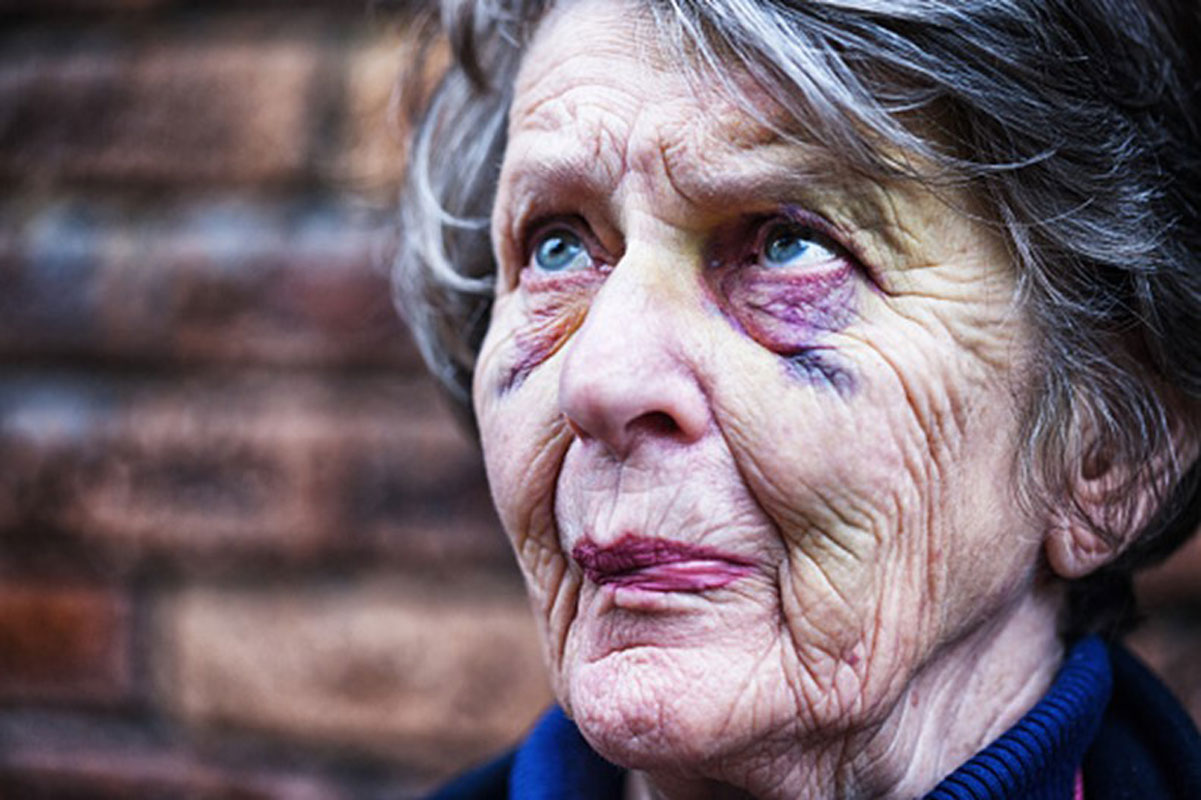Each year June 15th is observed as World Elder Abuse Awareness Day, acknowledging elder abuse as a public health and human rights issue.
In Burnaby the Community Response Network (CRN) and the Burnaby Senior’s Resources Society (BSRS) are organizing a free seminar at the Bonsor complex to create more awareness on the suffering is being inflicted upon many in our older generation each day, and the problem reaching crisis proportions in terms of its the scale.
According to reports, the top five scams of 2022 cost Canadians nearly $200 million; such scams in large part being directed towards seniors. Each year about ~10% of Canadian seniors are expected to be victims of crime and abuse, with financial and emotional exploitation being the most common forms of harm caused.
Despite the large numbers, seniors are less likely to report being victims of abuse due to factors such as abuse being largely considered a private matter, taboo and shame surrounding it, and the lack of awareness about what constitutes abuse.
Elder abuse can be defined as “a single, or repeated act, or lack of appropriate action, occurring within any relationship where there is an expectation of trust which causes harm or distress to an older person”. Such abuse can take multiple forms including physical, psychological, romantic/sexual, financial, or abuse arising from neglect (hygiene, nutrition etc.). Seniors with cognitive disabilities are more likely to suffer from elder abuse than those without.
The incidence of elder abuse is high because abuse can be caused by individuals well known to a senior (physical, psychological, sexual abuse) or by complete strangers for e.g., a telemarketer (financial abuse). Frauds by strangers (i.e., scammers) have continued to rise recently with the pandemic creating ideal circumstances for miscreants to trick vulnerable and isolated individuals, particularly seniors.
Hints of abuse may often be subtle, but warning signs do exist, and these may help uncover an abusive act towards a senior. Prolonged exposure to abuse often results in detrimental effects on the senior’s health, mental state and overall well-being and may even lead to premature mortality.
Probable signs of abuse occurring may include:
- Anxiety or fear directed towards an individual the senior should usually trust
- Poor hygiene, dehydration, and malnutrition
- Suspicious financial activity such unusual credit card charges or drop in bank funds
- Improper use of medication (over-medicating or under-medicating)
- Unexpected legal documentation, including new wills or loan agreements.
It is vital to remain alert to recognize the subtle signs of abuse to protect a senior from it. As mentioned, senior victims rarely come forward to self report such situations. If abuse is suspected, it is critical to take urgent steps including to create a safe environment for the senior, acknowledging the event, and making the senior aware that something unjust has happened. Patience is key as the senior may be in denial (shame, cognitive decline), and it could take them some time to come to terms with it. Building trust is vital to this process.
A few practices to protect seniors against abuse:
- Engaging in conversations and activities where seniors are encouraged to share their ideas and thoughts, makes them feel valued and important. Notably, it builds trust and makes seniors feel more open to share their heart if the need arises in the future.
- Promoting a routine with balanced diet, hydration, and exercise for senior loved ones. This helps improve cognition, balance, and general wellbeing, thus enabling seniors to achieve a higher level of independence and confidence, and makes them less susceptible to approaches that usually precede abusive acts.
- Educating seniors on the types of elder abuse (esp. financial frauds and online scams) and the related signs / symptoms. This messaging may need to be reinforced regularly where a senior is has memory decline etc.
- Connecting the senior with support groups that assist victims of abuse.
- Being aware of authorities that can be notified if there is abuse. Organizations such as the Police, The Public Guardian, BC Seniors Advocate’s office, Seniors First BC (legal support) can all be resources in this regard.
Since elder abuse can go unnoticed unless there is a high degree of alertness from family members, involving frequent supervision and regular visitation with senior loved ones.
At Home Instead, we’ve experienced that maintaining such persistent focus can be quite challenging for many families due to multiple factors including being overseas, work-related commitments, problematic commutes, other personal and family obligations etc.
In such cases, families have benefitted by engaging the services of professional caregivers to help keep their senior loved ones protected from abuse. With their extensive experience and training caregivers can help prevent potential abusive acts, report early warning signs of abuse, and enhance a senior’s knowledge and awareness about such mistreatment. Families in turn have the peace of mind that their elder loved one is safe when they cannot be around to support and supervise them.
If you know someone who is at risk of abuse and or can benefit from the services of a professional caregiver, please contact the care experts at Home Instead – available 24/7.
Call (604) 432-1139



